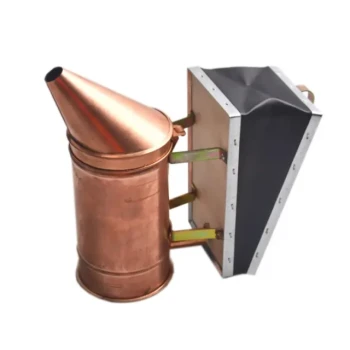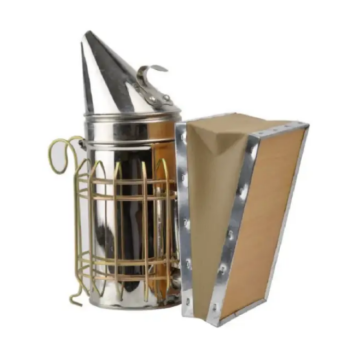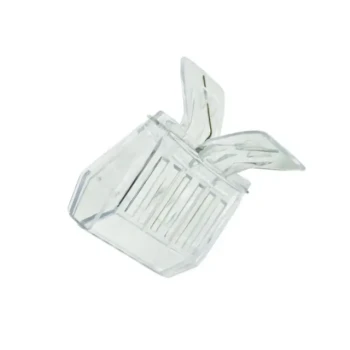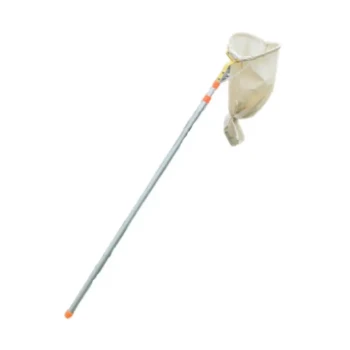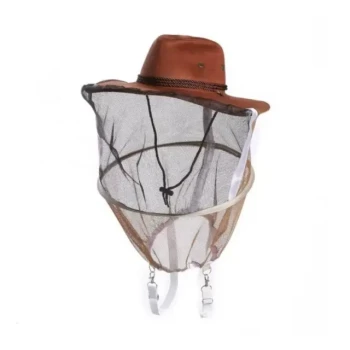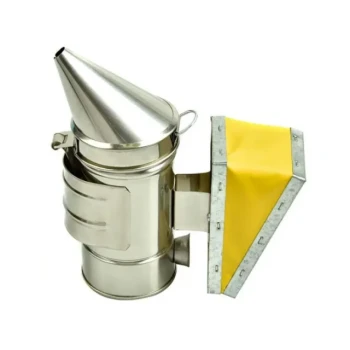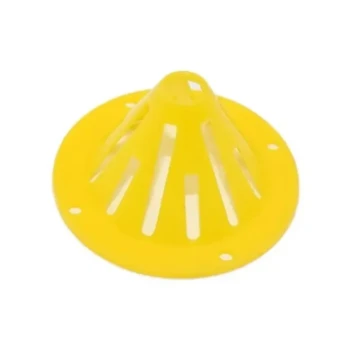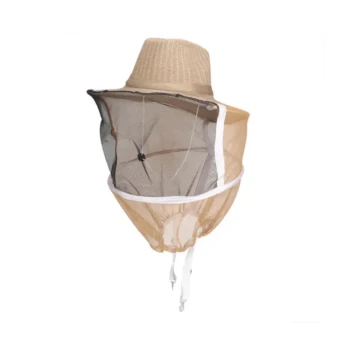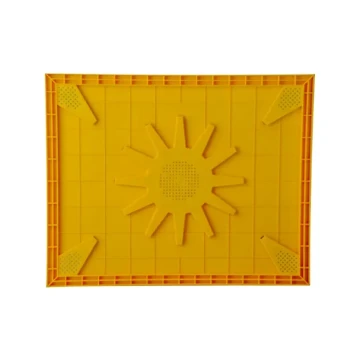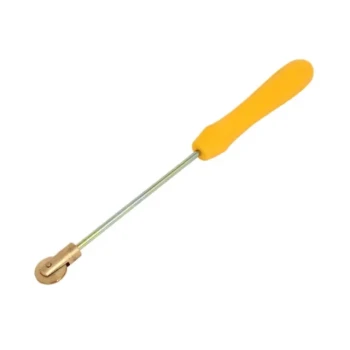Yes, an over-reliance on sugar is bad for bees. While sugar syrup can prevent starvation, it is a nutritionally incomplete substitute for the natural nectar bees have evolved to consume. It lacks the critical antimicrobial properties and micronutrients found in floral sources, which can weaken a colony's overall health and resilience over time.
While often a necessary tool for beekeepers, sugar syrup should be viewed as an emergency ration, not a long-term diet. The core issue is that it provides empty calories, leaving bees vulnerable to diseases that natural nectar helps them fight.
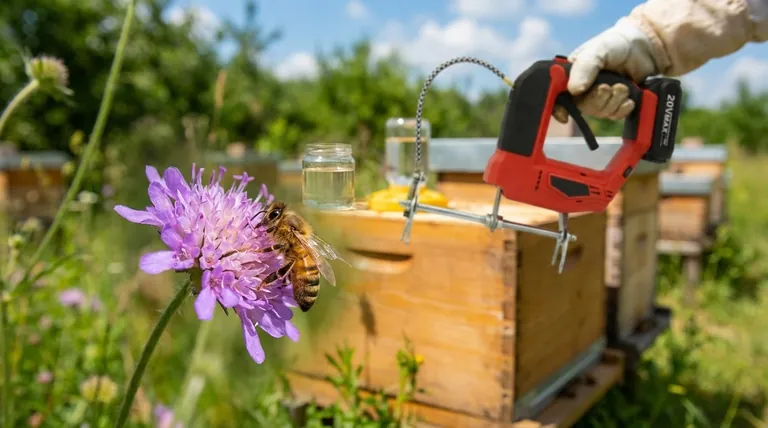
The Nutritional Downside of Sugar Syrup
Bees require a complex diet to thrive, and pure sugar water simply cannot replicate the benefits of what they gather from flowers. Relying on it too heavily introduces significant risks to the colony.
It Lacks Protective Properties
Natural nectar and pollen contain various antimicrobial compounds that inherently protect bees from harmful bacteria and fungi. These natural defenses are a crucial part of a colony's immune system.
Sugar syrup possesses none of these protective benefits. It is a sterile food source that does nothing to help bees fend off infections.
It Can Foster Unhealthy Conditions
Sugar syrup can become a breeding ground for microbes both in the feeder and within the hive. Over time, this can degrade the hive's environment and make the colony more susceptible to disease.
This creates a scenario where the very food meant to save the bees can inadvertently contribute to their decline in health.
Understanding the Trade-offs
Despite its nutritional shortcomings, sugar syrup is a critical tool in modern beekeeping. The key is understanding when its use is justified and when it becomes a liability.
The Role of Emergency Feeding
Sugar syrup is essential for preventing starvation. During late winter, early spring, or periods of nectar dearth, a timely feeding can be the difference between a colony's survival and its collapse.
Stimulating Colony Growth
Beekeepers also use sugar syrup to encourage a new queen to lay eggs or to help a newly installed package of bees build out their initial comb. In these specific, short-term scenarios, the benefits of rapid population growth outweigh the nutritional drawbacks.
Making the Right Choice for Your Hive
A beekeeper's feeding strategy must be guided by the colony's immediate needs balanced against its long-term health.
- If your primary focus is preventing immediate starvation: Use a 1:1 or 2:1 sugar syrup as a temporary life-support system until natural forage becomes available.
- If your primary focus is long-term colony resilience: Prioritize planting diverse, bee-friendly forage and limit supplemental feeding to only the most critical situations.
Ultimately, supporting your bees means thinking less like a confectioner and more like a nutritionist for the entire colony.
Summary Table:
| Key Concern | Impact on Bees |
|---|---|
| Nutritional Deficiency | Lacks antimicrobial compounds and micronutrients found in natural nectar. |
| Weakened Immunity | Makes colonies more susceptible to disease and infection. |
| Unhealthy Hive Conditions | Can foster microbial growth, degrading the hive environment. |
| Emergency Use Only | Best used short-term to prevent starvation or stimulate growth. |
Ensure your bees have the right nutrition and equipment for long-term health.
At HONESTBEE, we understand that a thriving apiary depends on more than just emergency feeding—it requires quality equipment and sustainable practices. We supply commercial apiaries and beekeeping equipment distributors with the durable, reliable supplies needed to support strong, resilient colonies.
Let's discuss how our wholesale-focused operations can benefit your business. Contact HONESTBEE today to get the right tools for your beekeeping success.
Visual Guide
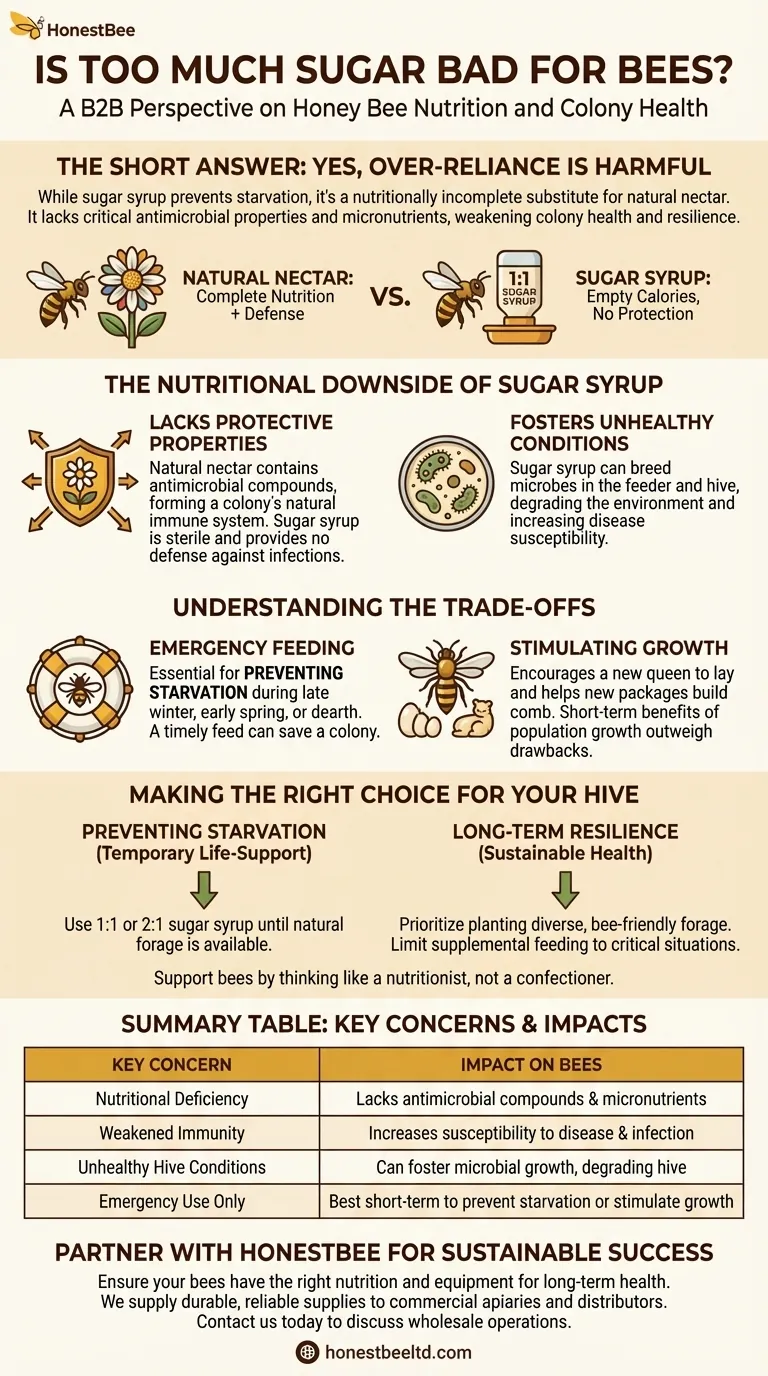
Related Products
- High Performance Cordless Electric Bee Shaker for Beekeeping
- Premium Traditional Copper Bee Smoker with Bellows
- Stainless Steel Honey Bee Smoker Hive and Honeycomb Smoker for Beekeeping
- High Performance Plastic Queen Excluder for Beekeeping and Apiary Management
- Professional Spring-Action Queen Catcher Clip
People Also Ask
- How does the use of high-specification professional beekeeping tools improve operational efficiency? Maximize Apiary Yield
- Why are benchtop automatic shakers preferred over manual shaking for Varroa mite extraction? Improve Your Data Accuracy
- What should a beginner beekeeper know about purchasing and assembling new equipment? A Guide to Perfect Hive Setup
- What are some potential benefits of drones in a bee colony? Enhancing Hive Health and Productivity
- Why does the Improved Box Hive system require a higher dependency on specialized machinery? Precision vs. Tradition

